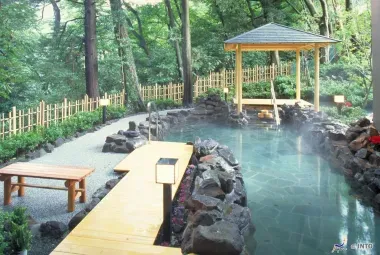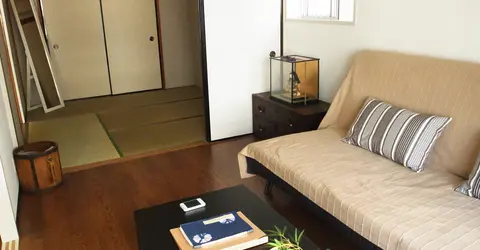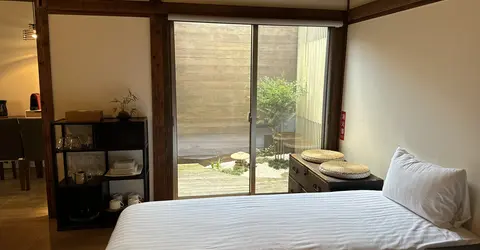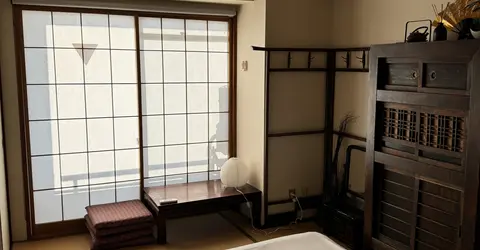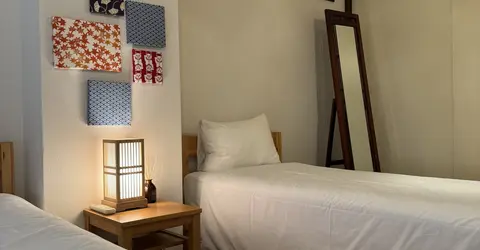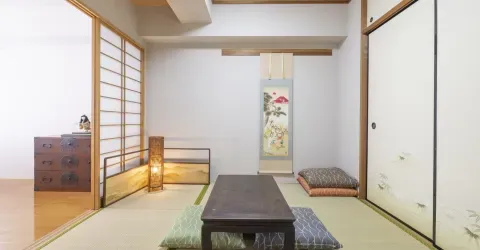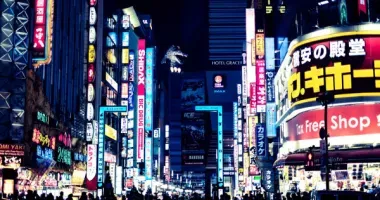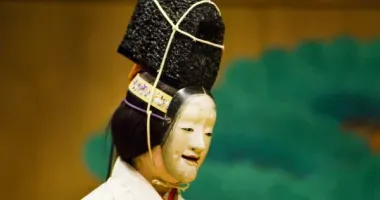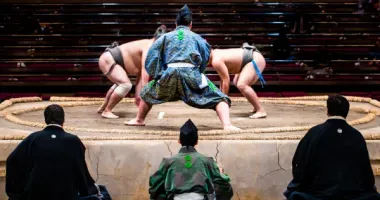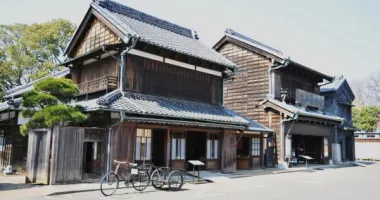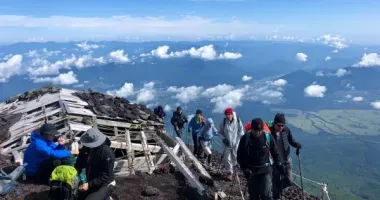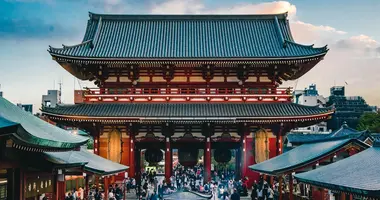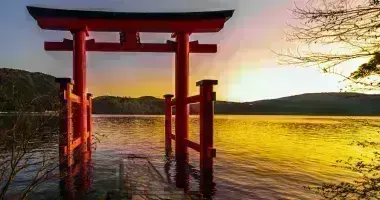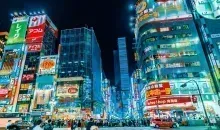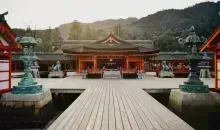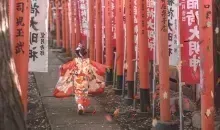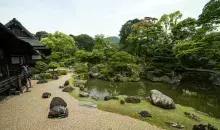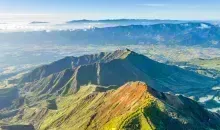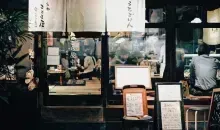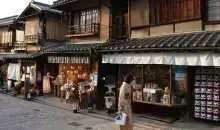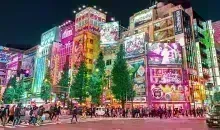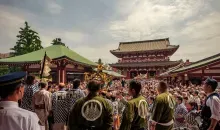Five hot spring towns near Tokyo
Ideas for excursions during your trip
Onsen are natural hot springs in Japan, prized for their relaxing properties. These traditional thermal baths are often surrounded by picturesque landscapes in the heart of nature (such as in the mountains or by the sea), which can be admired from outdoor baths or in the heart of the village, in beautiful buildings or indoor ryokan (traditional Japanese inns).
During your trip to Japan, hot springs are an essential stop-off point for immersing yourself in Japanese culture for a few moments. Thermal baths are an integral part of the Japanese way of life, and many people visit them regularly to relax and improve their well-being. However, the onsen is also seen as a place to socialize and meet new people. It's also a place to strengthen bonds!
Ideal for regaining your strength in the middle of your trip, hot springs are found in great abundance throughout the archipelago, and their mineral-rich geothermal waters are reputed to have soothing and healing properties.
There are no onsen in Tokyo itself, but you can find many spas near Tokyo. Ideally, stop off for a day or two and enjoy a complete change of scenery. Book a
With so many hot springs in Japan, it's often hard to decide where to go... That's why we've put together a selection of spa towns near Tokyo !
1. Hakone
One of the most famous onsen towns in Japan and also one of the closest to Tokyo, Hakone is the perfect destination if you don't have much time to travel further afield. Situated between Tokyo and Kyoto, the town offers a wide selection of hot springs. It's best known for its lake with a view of Mount Fuji and the pirate ships that sail there.
Access to the area is simple with the Hakone Free Pass.
- Access: Hakone-tozan Line and Romance Car Train
2. Ikaho
Ikaho is located on the eastern flank of Mount Haruna in Gunma Prefecture. The town is known for its reddish thermal waters, the result of the oxidation of iron in the water. Nothing dangerous, of course, it's only the chemical result of the iron in the water and the oxygen in the air meeting. The water in this area is known to help blood circulation and fight fatigue.
The lively old town of Ikaho is centered around a 300-meter-long stone staircase climbing the mountain. It's lined with ryokan, old arcades and shops.
- Access: JR Kanto bus line or with the Shinkansen Hokuriku accessible with the Hokuriku Arch Pass
3. Kusatsu
Also in Gunma prefecture, the city of Kusatsu, with its hundreds of springs from which emerge nearly 34,000 liters of water per minute, is a little further from Tokyo but offers a unique setting. You can admire the yubatake, a giant hot waterfall that crosses the center of the city and feeds the many onsen nearby.
Particularities of this spa town include the unique bathing methods of jikan-yu (a very hot, 3-minute bath) and yumomi (stirring the bath water before entering to lower the temperature) are customs that have been carried out since the Edo period (1603-1868).
- Access: the express bus to Shinjuku (JR Highway bus terminal)
Learn more: Kusatsu onsen
4. Atami
There is also Atami, in Shizuoka prefecture, whose hot waters have attracted bathers since the Nara period (710-794). The spring of Izusan Onsen, one of the oldest in Japan, was discovered more than thirteen centuries ago.
You'll find salt water onsen here, unusual in Japan, along with breathtaking views of the sea. Water, at high temperature and with a high salt content, purportedly has excellent properties for firming the skin and toning the body.
- Access: Ito line, Tokaido line and Shinkansen Tokaido-Sanyo
5. Kinugawa
After a long day of temples, shrines and sightseeing in Nikko, you can stop for the night in Kinugawa in Tochigi Prefecture.
For centuries traders have been enjoying the clear, gentle waters surrounding the city's river and have built many inns in the area. If you're looking for the full experience of a traditional Japanese getaway, be sure to book a night in a ryokan. Guests enjoy unlimited access to hot springs, and a traditional Japanese dinner and breakfast.
- Access: Nikko-Kinugawa Line and Tobu-Kinugawa Line
To discover: Ryokan etiquette

